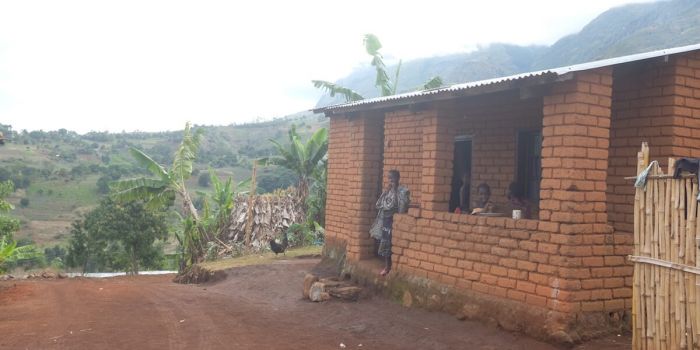

Empowering communities to take control of their energy supply enables them to control their own destiny. Local ownership also supports the success of the project over the longer term.
Lack of electricity access means that students can’t study at night, and schools have greater difficulty to attract teachers. Improving education outcomes in developing countries is important to support economic development, and also to reduce gender inequality.
Energy access is a key enabling element for economic development. With clean, affordable, and reliable electricity, more people can become entrepreneurs and improve their local economy. Enabling economic development is also key to reducing drivers of migration.
In places where electrification rates are low, people tend to burn trees for fuel. This is bad for forests, but also for our global climate, as it produces carbon emissions which are causing climate change. Also, many deaths result from the toxic fumes from using wood as an indoor cooking fuel.